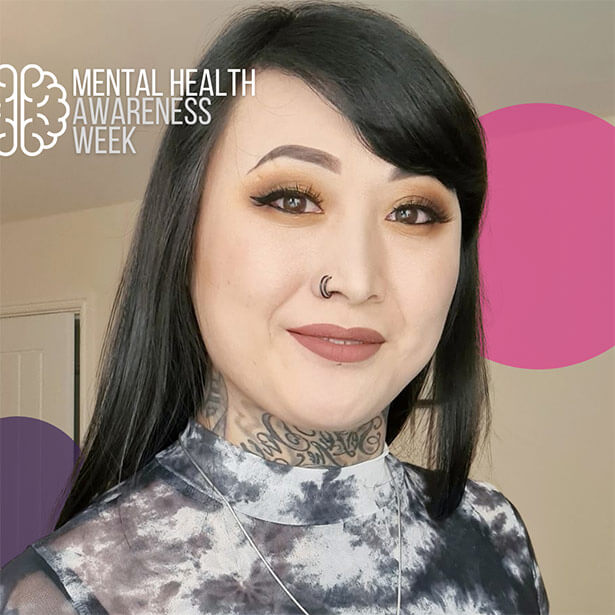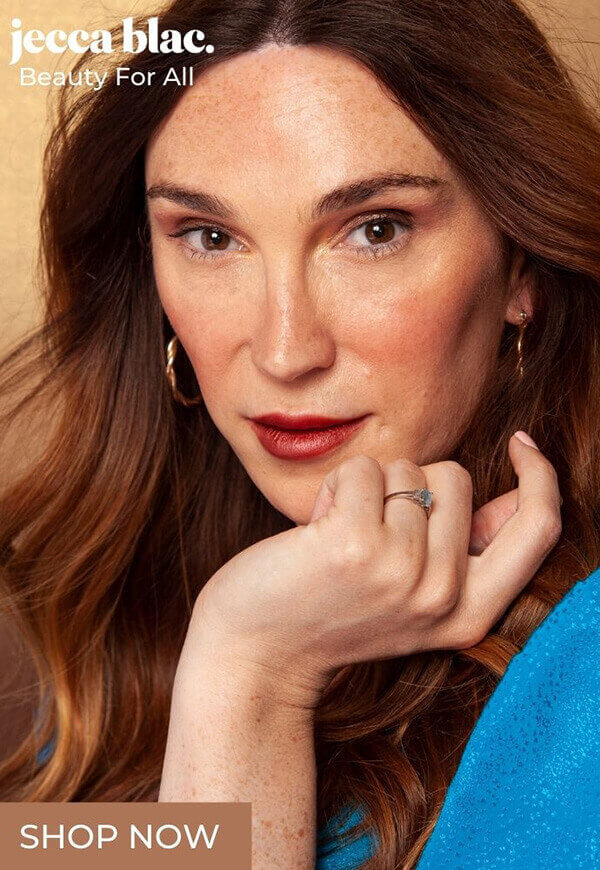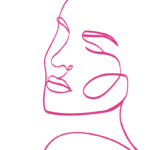Mental Health Awareness Week: Eva’s story

Content warning: contains topics and experiences which some people may find triggering
My mental health has always been a rollercoaster. And not the good kind either. I’m talking the old rickety type where safety is a complete unknown and the ride operator isn’t paying attention. Before I came out, it was full of unpredictability. I used to want off this ride and to be cured so desperately. I just wanted to be “normal”. But, as I’ve come to realise, there’s no such thing as normal.
From a young age, we’re taught that being ok or being happy is the standard. But in truth, it’s not. Just like there cannot be good without bad, there can’t be happy without sad. There is more than one emotion and it’s totally ok to feel differently to the person you see online or next to you. In fact, more people go through mental health difficulties than we realise. So why are we still not talking about it? It doesn’t help that the media portrays mental health in such a negative way. In films, the antagonist is portrayed as somebody with an issue that’s driven them over the edge. Their evil is fuelled by negative mental health. In the news, we’re being told about murderers or rapists who have acted on evil thoughts. But we never hear the good stuff. Why can’t the hero of a film suffer from depression or self-harm but still manage to save someone?
When I first realised I had mental health difficulties and needed help, I was too scared to even speak to a doctor. Being estranged from my family by choice, I also needed to prove to myself that I didn’t need them. That I was capable. I needed to show everyone around me that I was ok and that my choice to walk away from my family was the right one. In my mind, I also needed to be ok as I didn’t think anybody would care how I felt, let alone support me. So I put a lid on everything and carried on with life, telling myself that the lid would be fine, and would survive every jolt on the rollercoaster of life. Nobody ever told me that lids can come off easily!! What ensued was years of depression, self-harm, suicide attempts and an eating disorder. When I eventually did seek help, it was out of necessity. Things had gotten out of control and I was a danger to myself. I won’t lie, even at my worst, I still thought I could manage. Plus, I didn’t want it on my medical record. I didn’t want to be seen as a failure in life. But is asking for help really failing? No.
These days, my mental health has stabilised a lot. The years of therapy have really helped me to understand myself. The internal conflict that was pulling me in various directions seems to have calmed down. I still have good days and bad days but overall, it’s much more manageable. And that’s the key. Managing ourselves. There’s no quick fix. There’s no real cure. Yeh, we can take medication to help us short-term or long-term, but it’s not something that can ever be taken away. We learn to cope. I spent most of my adult life with an eating disorder and whilst I’m classed as “recovered” the thoughts do sometimes creep in. And that’s ok. It’s not anything to be ashamed about. Sharing this honesty and sharing our thoughts is so important if we want to ditch the stigmas surrounding mental health and suicide. Talking about our experiences and having conversations about feeling down or even suicidal is the only way to break the social stigma, which in turn will help to save lives. Social media is not only a great way to start that conversation but to maintain it too. As we’ve all experienced since the start of a global pandemic, social media keeps us connected. We should make the most of it. Sharing our experiences (with trigger warnings, of course), making sure we signpost to resources where possible, and looking out for one another. The topics of mental health and suicide are only scary if we let them be. By opening up about our individual experiences, we never know who could be listening and who we could be saving.
Follow Eva Echo on Instagram @evaech0








